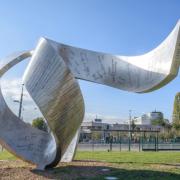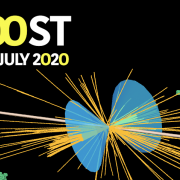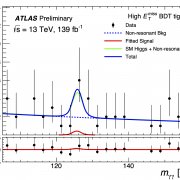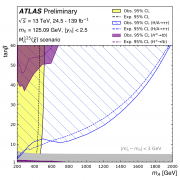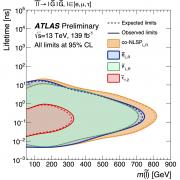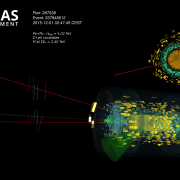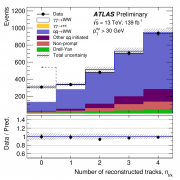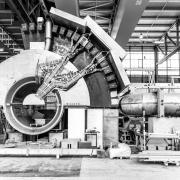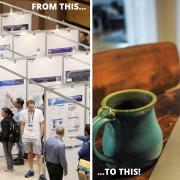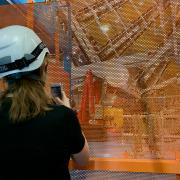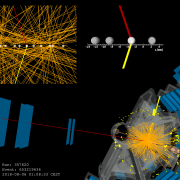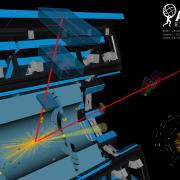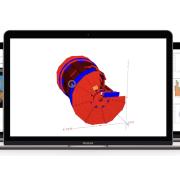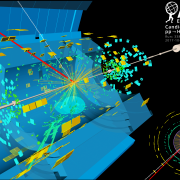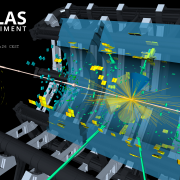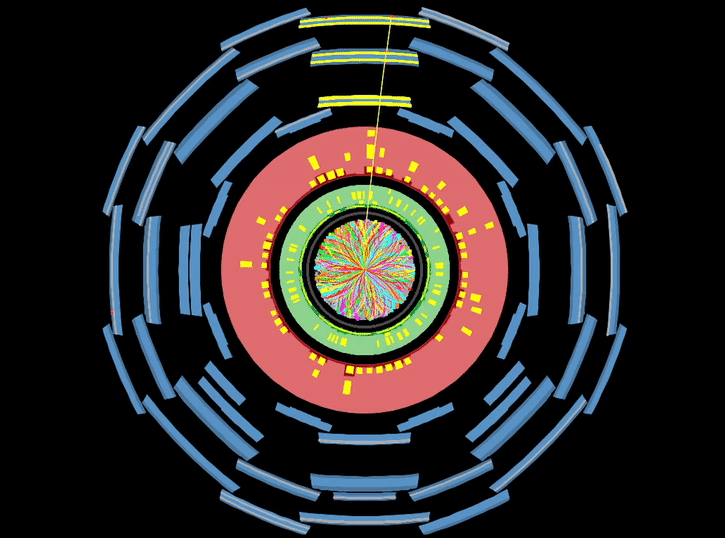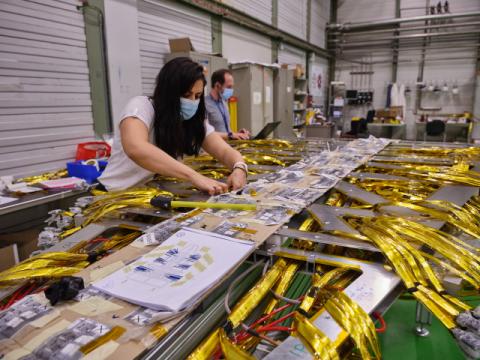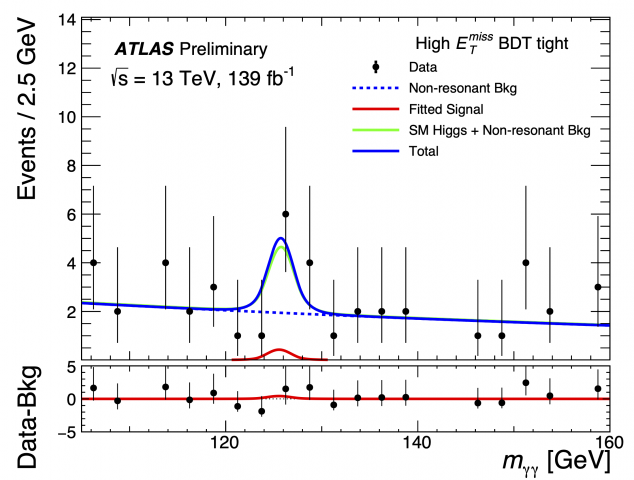Access to Collaboration Site and Physics Results
Updates tagged: “beam splash”
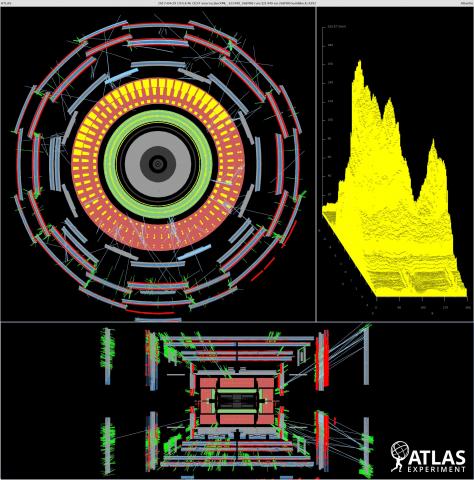
Beams return to the ATLAS Experiment
With the year’s first proton beams now circulating in the Large Hadron Collider, physicists have today recorded “beam splashes” in the ATLAS experiment
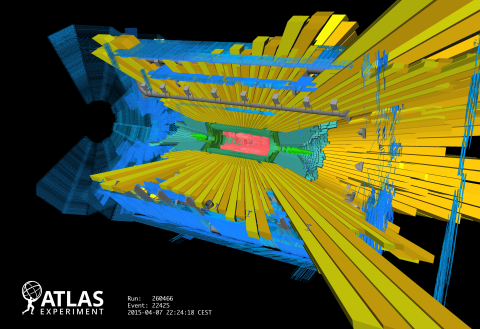
Splashes for synchronization
ATLAS uses "beam splash" events to provide simultaneous signals to large parts of the detector, and verify that the readout of different detectors elements are fully synchronized. After the first 2015 Large Hadron Collider beam circulation on Easter Sunday, a run dedicated to taking beam splash events was set up on Tuesday evening, 7 April.
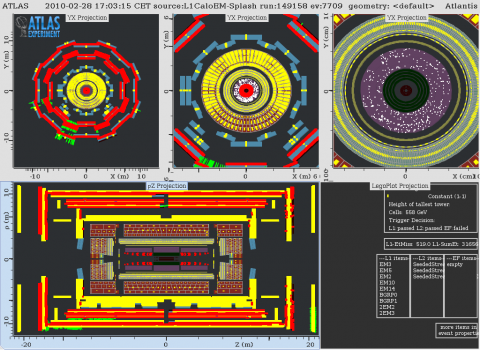
A titan awakes
At approximately 2:40 am Central European Time, ATLAS saw particles from the LHC for the first time in 2010. As in previous LHC turn-on periods the first thing we see are beam splashes from the LHC beams as they slowly thread the beam through the LHC ring for the first time.
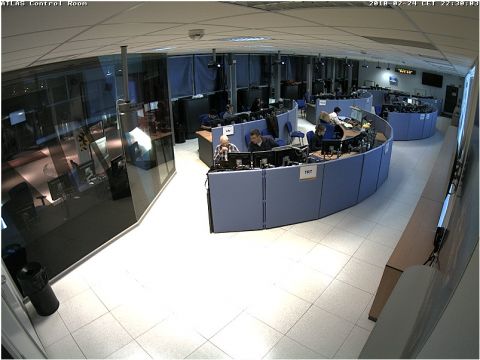
The calm before the storm
The Control Room is quiet. The configurations are set. The trigger menu is uploaded. The shifters are ready. All that is left is for the LHC to deliver beam.

ATLAS Preparing for Collisions in Late-2009
The most recent schedule envisions beam reaching ATLAS in late November with low-energy collisions shortly thereafter.


